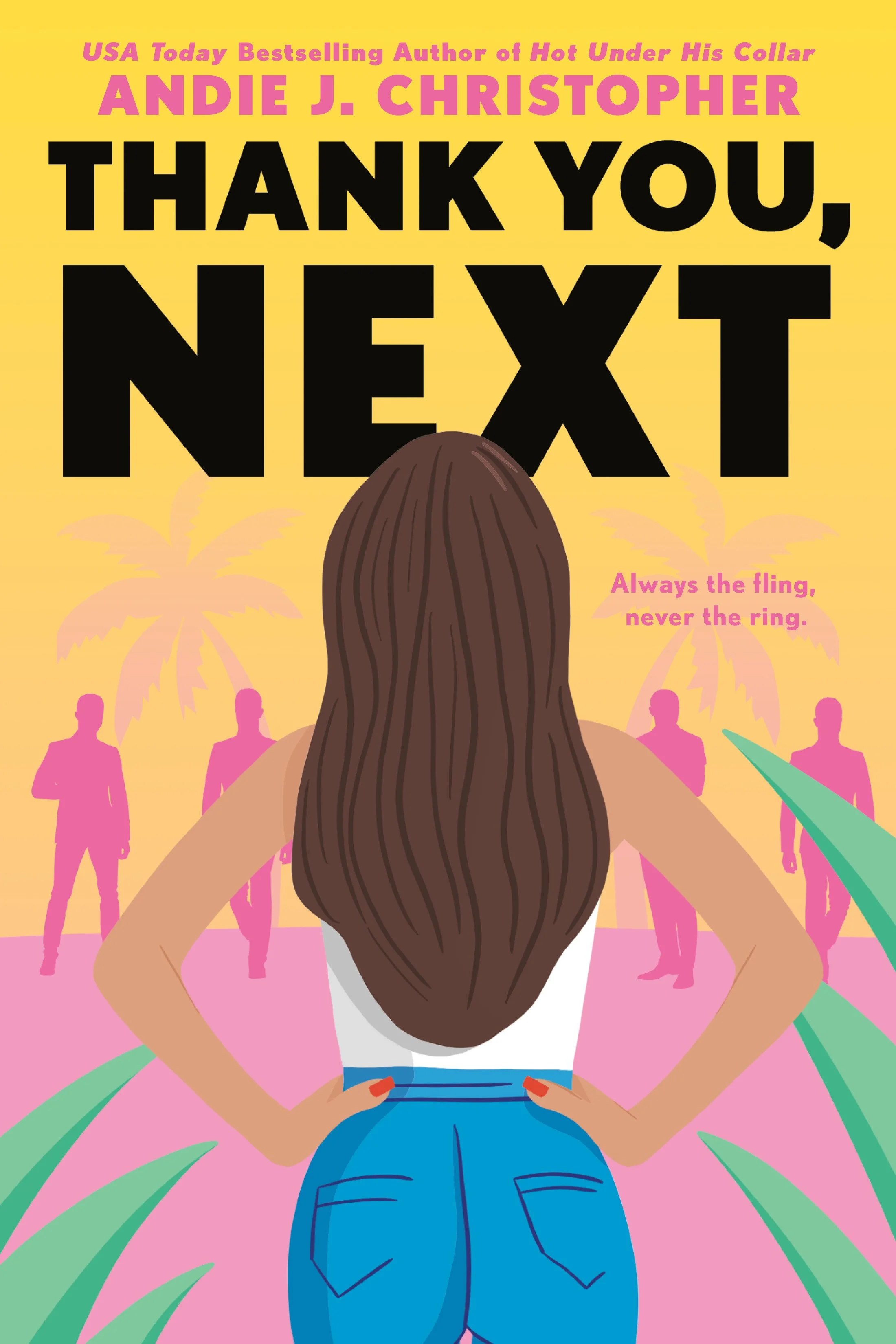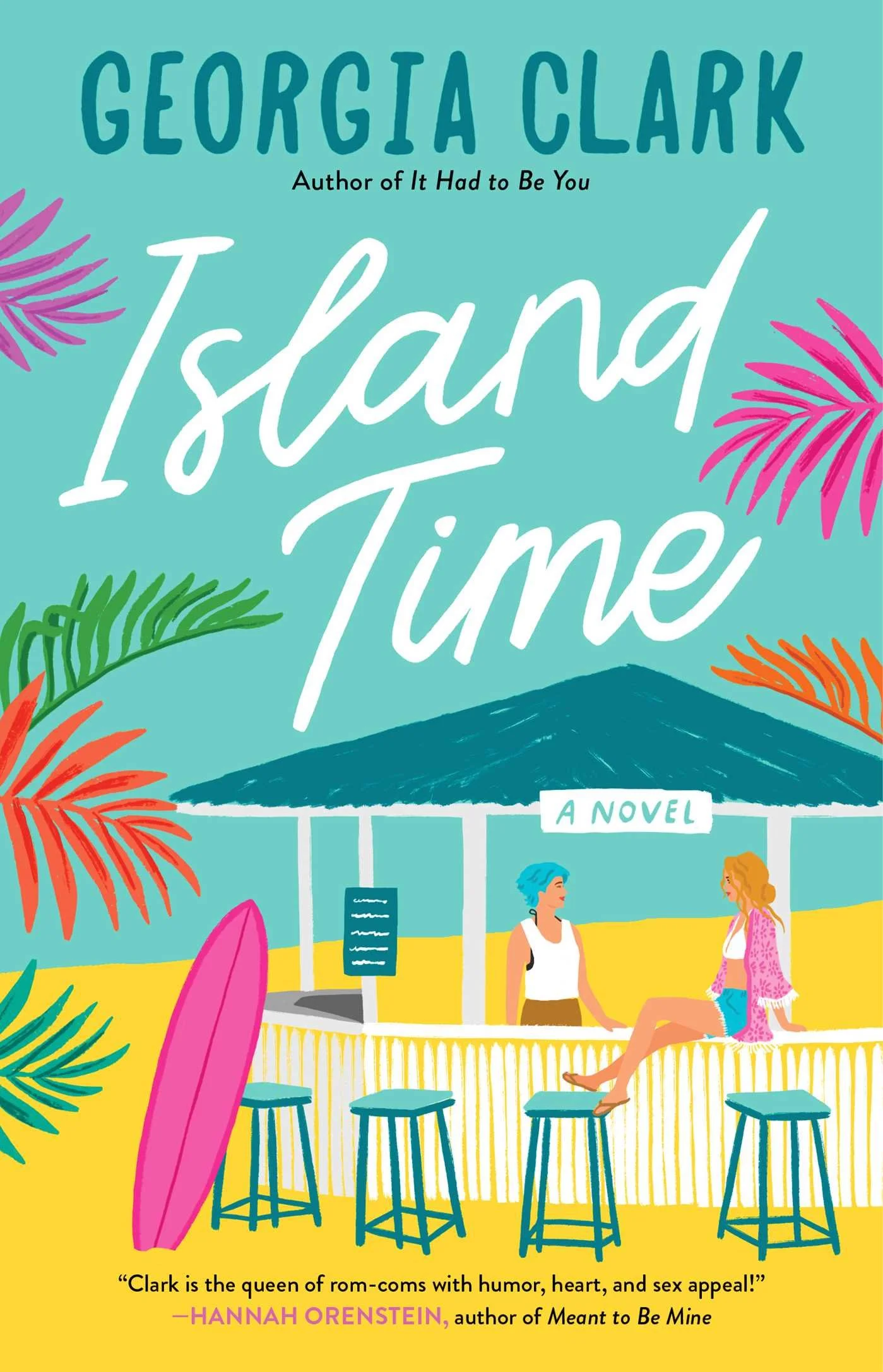Preview of Island Time by Georgia Clark
Preview of Island Time by Georgia Clark
PROLOGUE:
Sixty-three miles from the southeastern coast of Queensland, Australia, is an island unlike any other.
Most of it has never been logged or mined or trampled by tourists shoving shells in their pockets. Much of the land is as it was prehuman. Fewer than sixty visitors are permitted at any one time.
The island is so remote, it appears as an afterthought. At roughly six miles long and one-and-a-half miles wide, it isn’t particularly large: you can hike from one end to the other in a day. But its modest three thousand acres are home to some of the most astounding biodiversity on the planet.
Like most powerful places, it has more than one name. The first is for the ship whose rusting skeleton can still be found where it wrecked on the western shore in 1803: Lady Lushington (the Aussies shorten this to “Lush”).
The second is the island’s Indigenous name, in the language of the Butchulla people: Mun’dai, meaning pretty.
Two small, uncomfortable ferries service the island daily, crossing the Coral Sea, which is part of the Pacific Ocean. And on this hot morning in mid-March, only one passenger is on board. She scans the endless ocean for so long, she begins to wonder if mysterious Mun’dai is simply the stuff of legend. Surely, there can be no life out here, so far from the mainland. But without warning, the horizon buckles, rising up. An ochre-red cliff soars out of the sea, crowned in a tangle of subtropical rainforest. An ancient world of towering pines and oversized ferns, emerald-green and prehistoric. The southern end: the highest peak.
The ferry circles the head, aiming for Mun’dai’s only wharf. A white wedding train of foam trails behind the boat. The cliffs begin to dip, steamy rainforest opening up into airy eucalypt woodland. A sea breeze picks up the scent of lemon and pine. The restless sea quiets into the clear waters of a bay. A crescent-shaped fringe of silica sand, pale as a wishbone, kisses shallows that begin as transparent as glass before deepening into a clear and tender blue.
Not another human being in sight.
Nothing but wheeling seabirds swooping graceful as calligraphy and the triumphant cries of the cicadas ringing out in the sticky, sun-drenched morning.
The ferry lifts over a swell. A bottle of white wine nudges out of the paper bags of groceries at the young woman’s feet and rolls across the boat’s metal floor. She scoops it up like an errant toddler. There are enough supplies and treats for a week, not a weekend.
The boat bumps against the wooden wharf. A loop of rope thrown, secured.
Amelia Kelly correctly suspects this is where her life will change forever.
But not for the reason she thinks.
Preview of Island Time by Georgia Clark





